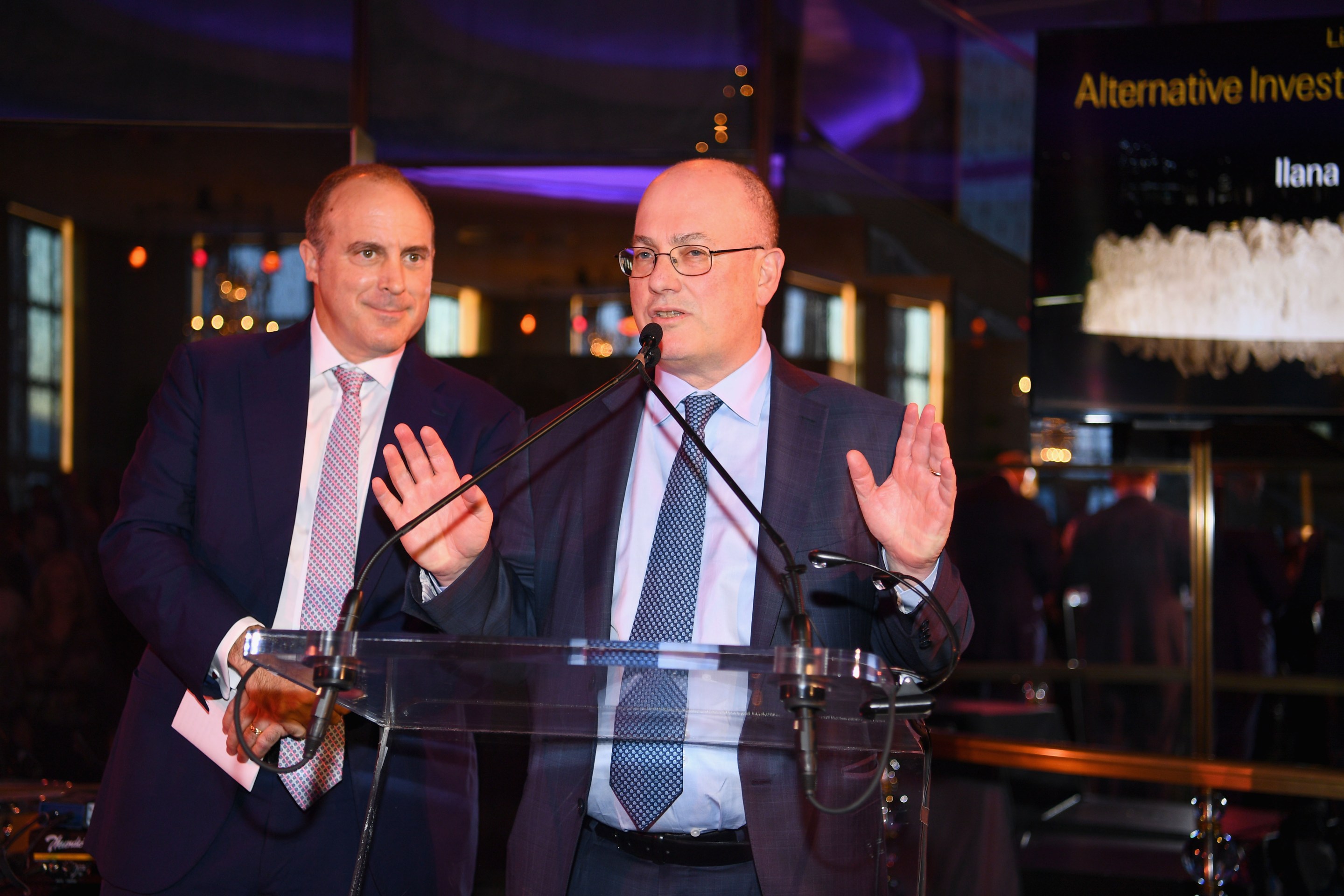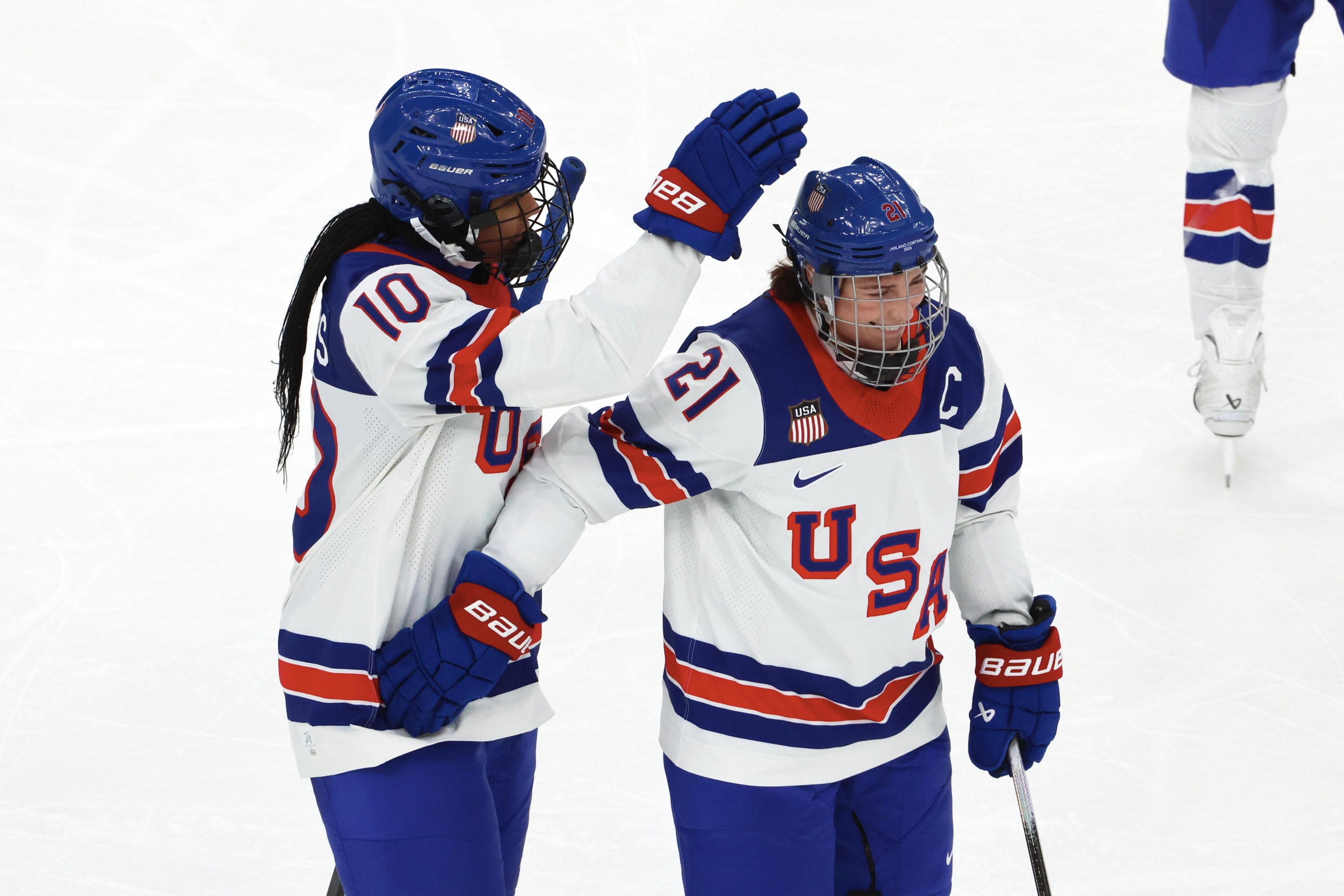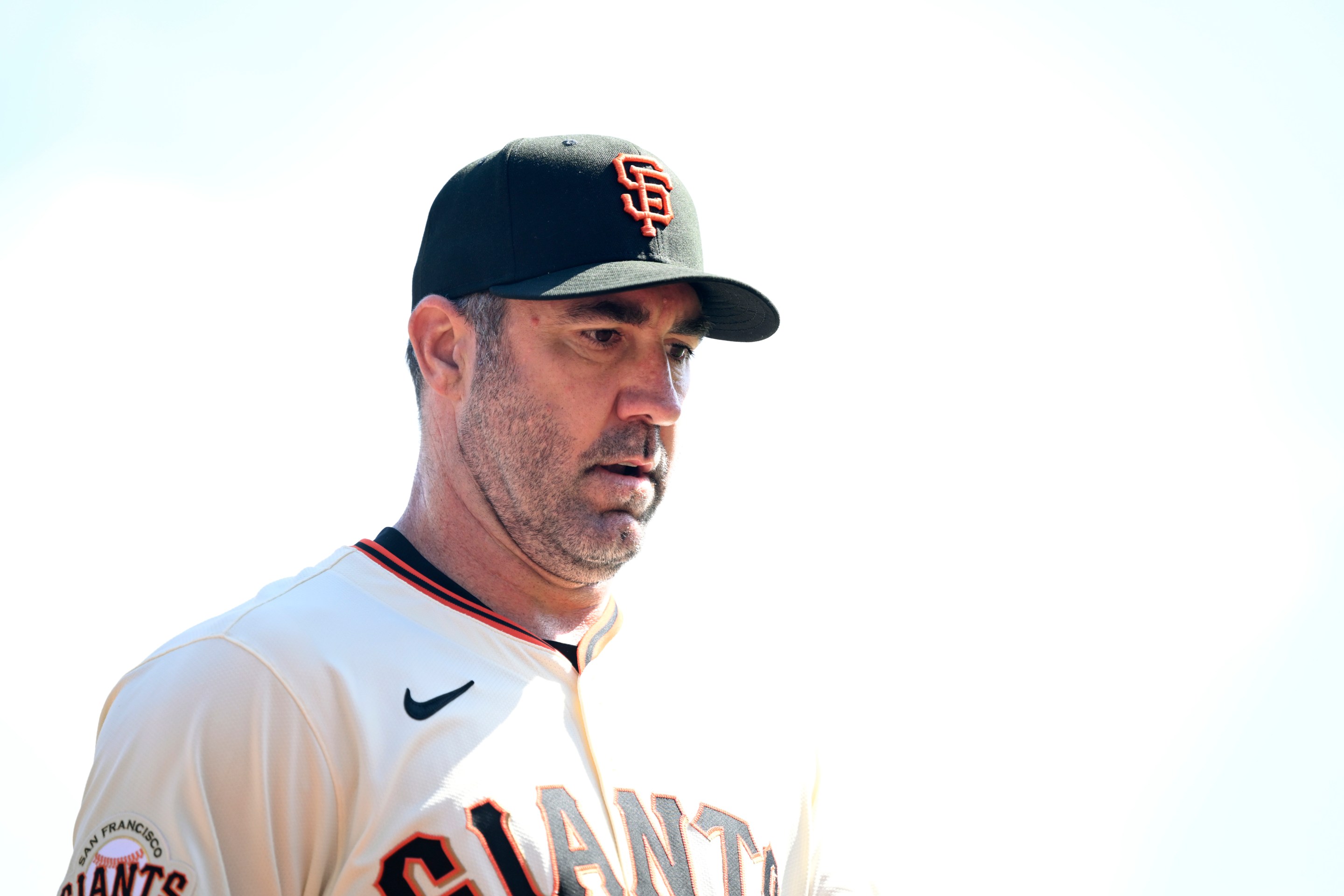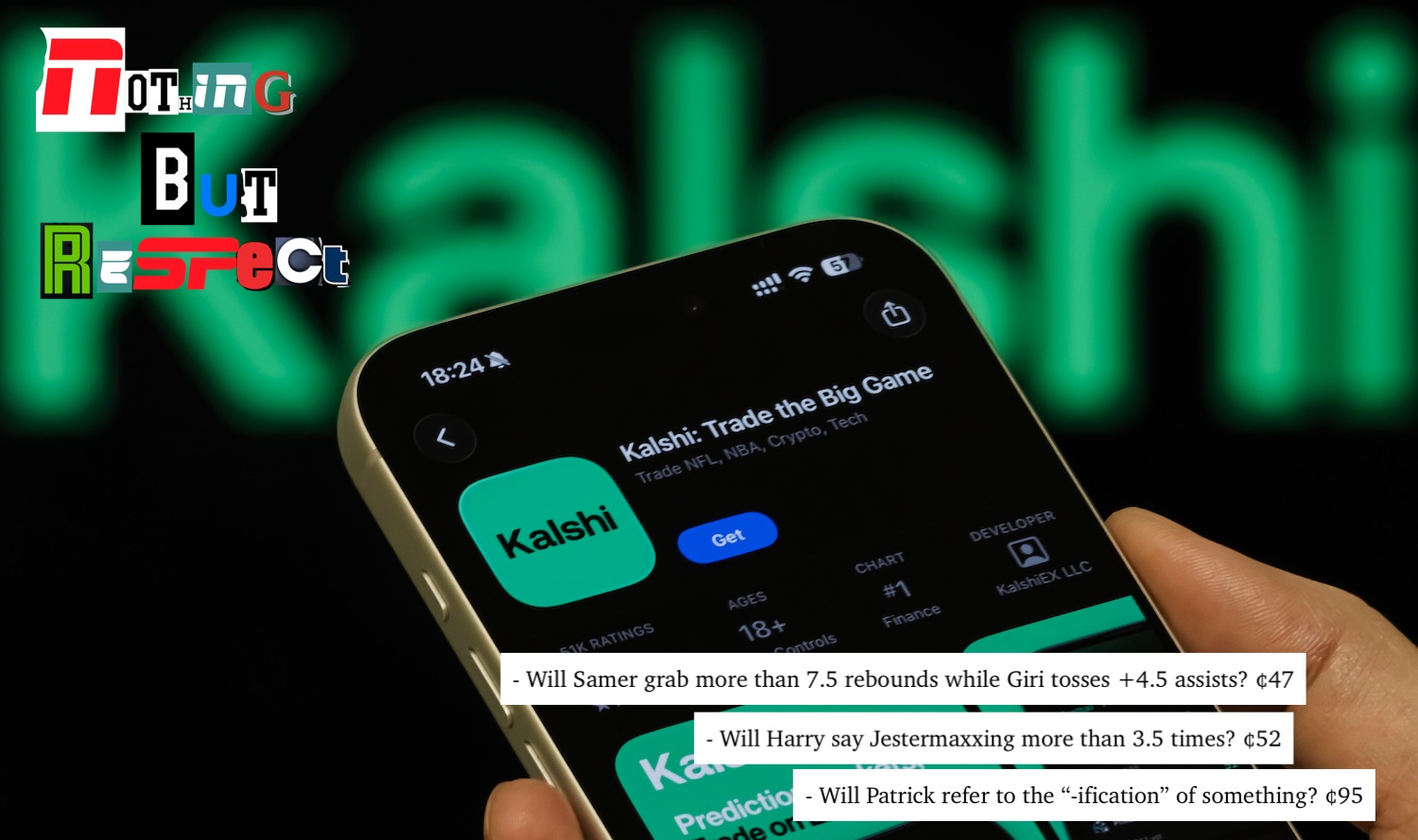It is unclear what rich people are for. In the most generous interpretation, the rich are here on earth for the same ineffably profound reasons that other people are: to create and aspire, to love and be loved, to live and die and eat the sandwiches of their choosing. But the ways in which extreme wealth continues to warp and diminish and generally impoverish the world raise the existential stakes significantly on the question. The people who have the most also tend to demand the most, and on a level that ordinary people can't or won't demand things. The rich fund institutions and armies of credentialed factotums to recast their greed and dull, atavistic desires as valid ideologies, and politicians spin all that corny dross into policies, and it all piles up downstream from there. It chokes, it floods. Some rich people also collect art, to be fair, although that's mostly because art is currently the most expensive thing a person can collect.
Steven A. Cohen, who officially agreed to buy 95 percent of the New York Mets from the group headed by Fred and Jeff Wilpon on Monday evening, is one of the art-collecting kind of rich people, but also the other more mundane kind. The financier, whose investment firm paid the SEC $1.8 billion in penalties in 2016 after pleading guilty to various financial crimes, has built an art collection worth more than a billion dollars since 2000, and donated millions of dollars to Donald Trump and (exclusively) other Republicans since 2010, the year his hedge fund began being investigated by the Democratic former U.S. Attorney for the Southern District of New York. His collection includes one of those Damien Hirst sharks that floats in a tank of formaldehyde and other works by artists otherwise already deemed highly collectible. He is not an aficionado, just someone who can buy whatever he wants. "I know right away," Cohen told Fortune in 2016 about his buying philosophy. "If it stays in my brain—let’s say I go see a picture, if I keep thinking about it, I know it’s something I like. If I forget about it, then I know, couldn’t care less.” Until he wrested control of the Mets from the Wilpons, it's hard to say that Cohen served society much.
So if you want some clarifying perspective on how it is and what it means that some people have so much when so many have so little, you'll have to go to Cohen's counterparty in the Mets sale. Cohen, an authentic savant who was not above relying on some inside information when it presented itself, has some residual supervillain gravitas. The Wilpons are just rich. The family got rich with a few lucky real estate bets generations ago, bought their ownership share of Mets for around $400 million in 2002—their wealth, at the time, was invested heavily in Bernard Madoff's sprawling Ponzi scheme—and will come close to clearing $2 billion worth of profit despite doing nothing but fuck up year after year. It's nice work if you can get it.
There's something apposite and infuriating in a familiar way about the Mets passing, as Eric Nusbaum noted, "from the hands of financial crime victims to financial crime perpetrators," but the Wilpons are where the secret knowledge is here. Cohen is the type of person that's rich enough to buy a baseball team in 2020, in terms of how he made his money and how much of it he made, and there's both a literal and figurative indictment embedded in that. But for a reminder of what regular old rich people are actually like it's hard to top the Wilpons. They act more or less like people, except made much more brittle and petty and unappeasable by the ways in which their wealth has distanced them from the rest of the world.
The Wilpons ruled for nearly two decades without merit or discernment, were haplessly prone to bullying and gossip and wild flights of self-pity, and were reliably backwards and stubborn and petty; they were never anything but lazy and always defiantly proud about it. Jeff Wilpon, son of principal owner Fred and the team's primary decision-maker, collected personal grievances with the same rote instinct that draws Cohen to Jasper Johns canvases. They were also, by the end, not really rich enough to own a Major League Baseball team, and so irresponsible as to make the team a dangerous workplace for players and women employees alike. But the Wilpons also weren't really cut out to do anything else, and had enough savvy to know that no one would care about them without the big league franchise that Fred, the family's grimacing patriarch, regarded as a family heirloom. They ran the team jealously; in recent years, the organization seemed to take special pleasure in strong-arming marginal minor leaguers out of small bonuses.
In a league that has spent the last few years engaged in a slow-rolling capital strike and gearing up to extract maximum concessions from players in the next collective-bargaining agreement, the Wilpons started to fit in with their peers. But while they were not alone in their cynicism or shabbiness, the Wilpons lacked the refinement of other lousy owners. Replacement-level swells like Pittsburgh's Bob Nutting at least knew what they were about; warped and joyless dynasts like the Ricketts family had real estate ambitions that exceeded the Wilpons' reach and grasp. About the best that could be said about the Wilpons was that they were too deluded and too impatient ever to attempt a true teardown. Instead, the Wilpons paid for a series of high-variance 80-win rosters and groused and grumbled when they failed to win 90. They always seemed surprised when they didn't, and always found someone else to blame for it.
The family was obviously over-leveraged and overmatched, but it was impossible to imagine the Wilpons selling until minority owner Saul Katz forced Fred Wilpon's hand by making it clear that his children would under no circumstances work for or with Jeff Wilpon. The incipient flood of stories from beat writers and columnists no longer obligated to sit on Wilpon-related howlers promises to be infuriating and lurid and, however delayed, entirely deserved; from my experience, virtually everyone that's dealt with them has such a story. The Wilpons have earned everything they've got coming besides this economic windfall, but they also somehow got their last official act right.
The best thing the Wilpons were ever going to do for the Mets was always going to be selling them. Everything else they did with the team—from forcing players to work out with a trainer (and personal friend of Jeff's) who helped players bulk up and then instantly and inevitably get hurt, to the negligent management of those injuries, to the overtly neurotic player development process—was more accurately something they did to the team. The ideal conclusion to this era involved the Wilpons selling to an owner willing to hire state-of-the-art baseball people and let them do their jobs, and who would be willing to pay for top players and commit to the more salutary aspects of the last generation's revolution in best practices. Another appealing scenario was them selling more or less to anyone, and then basically whatever happening after that.
The other potential owners vying for the team pushed the limits on that last bit—a group led by Philadelphia 76ers/New Jersey Devils owner, hedge fund goblin, and Process-enabler Josh Harris dropped out, and a much more sinister one fronted by Alex Rodriguez and Jennifer Lopez (and heavily leveraged with institutional financial capital) hung around much longer. Cohen was always the obvious, which is to say richest, candidate. It will not surprise you that the Wilpons did everything they could to avoid selling him the team.
In choosing Cohen, a true blue finance ghoul with enough money and a wide enough weird streak to pay Guy Fieri $100,000 to be his friend for a day, and enough of a mutant to be a lifelong fan of the team, the Wilpons did better by Mets fans than at any moment since their decision to sign off on a deadline deal for Yoenis Cespedes in 2015. Of course it took fucking forever, with the Wilpons first duffing an agreement with Cohen before the pandemic and then boosting the appallingly cynical and obviously outgunned A-Rod/J-Lo bid largely because of Jeff Wilpon's reported enmity for Cohen. It fits that the Wilpons would rather have sold to the A-Rod and J-Lo group, if only because they would naturally favor a leveraged, Marlins-style scam ownership—recognizable non-white names fronting for a queasily familiar consortium of white financial super-creeps and reactionary money dudes like Vincent Viola, an NHL owner and Trump mega-donor who proved too craven for a cabinet appointment. In a notable low point, Rodriguez attempted to curry favor by expressing his support for a salary cap in MLB; the amount of debt involved in that purchase would have guaranteed tight payrolls. Cohen should be approved by a vote of MLB's owners in November, but those same owners have fretted that Cohen might spend more than is polite. The Wilpons simply opting for the richer deal is, in this context, perhaps the most principled thing they have ever done.
There is nothing in the sale of a mismanaged franchise to a prolific financial criminal that seems all that inspiring on its face, even for a Mets fan. This is the challenge that rich people represent in a society that is too compromised or too atrophied or just too uninterested to hold them to any kind of account. They are like weather, and the stormy weather their whims make is something to be endured. For as long as Steve Cohen wants his team to win a World Series, he and Mets fans will be aligned. But the Wilpons wanted that, too, provided it could be done while flattering their antique vanities. Change is only good when it's actually change. The future of the Mets, and every other team that might be sold, depends upon the new rich people in charge breaking with their rancid peers. This brings us more or less back to where we started.






